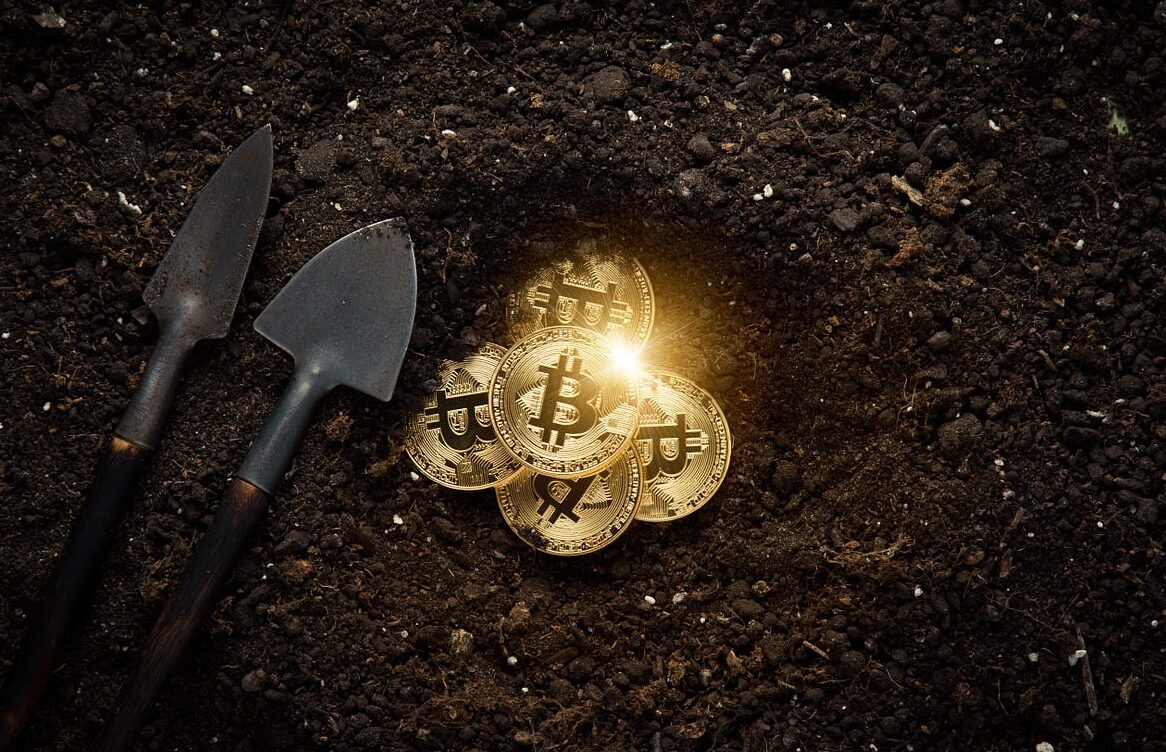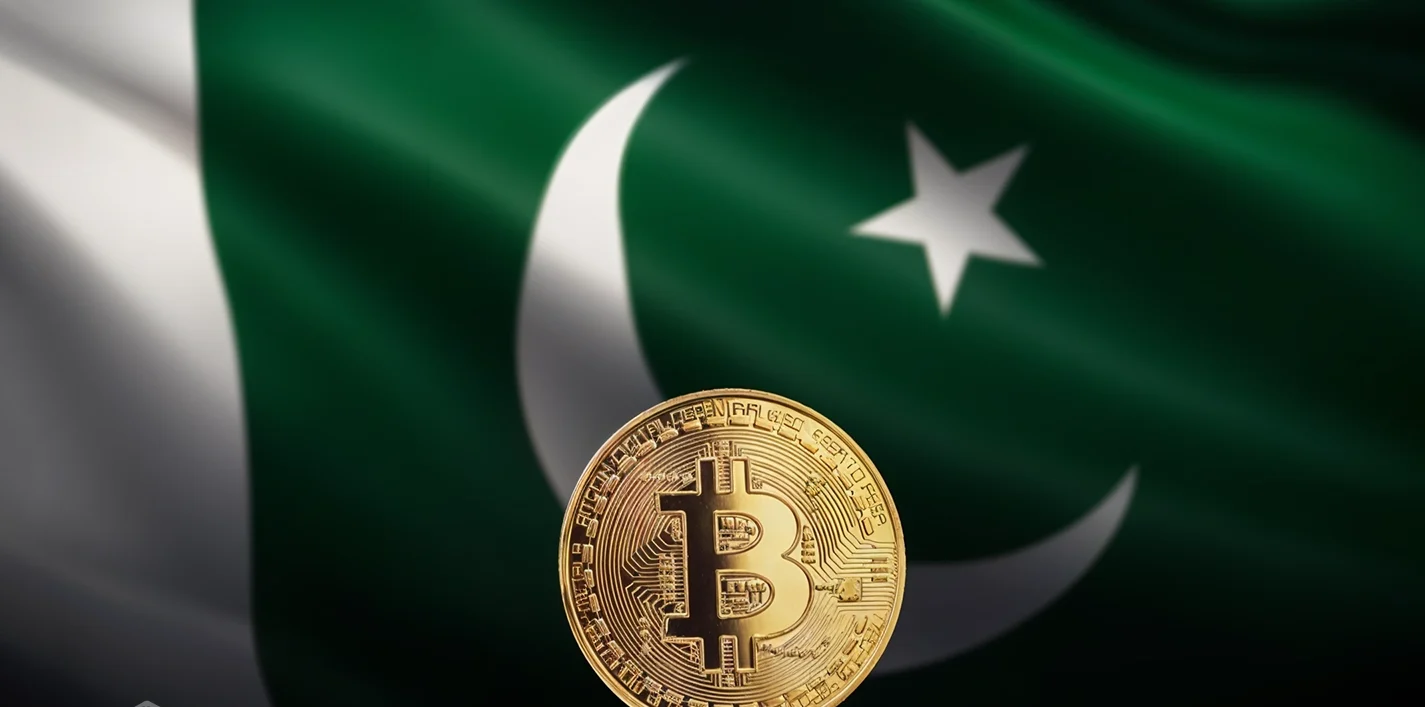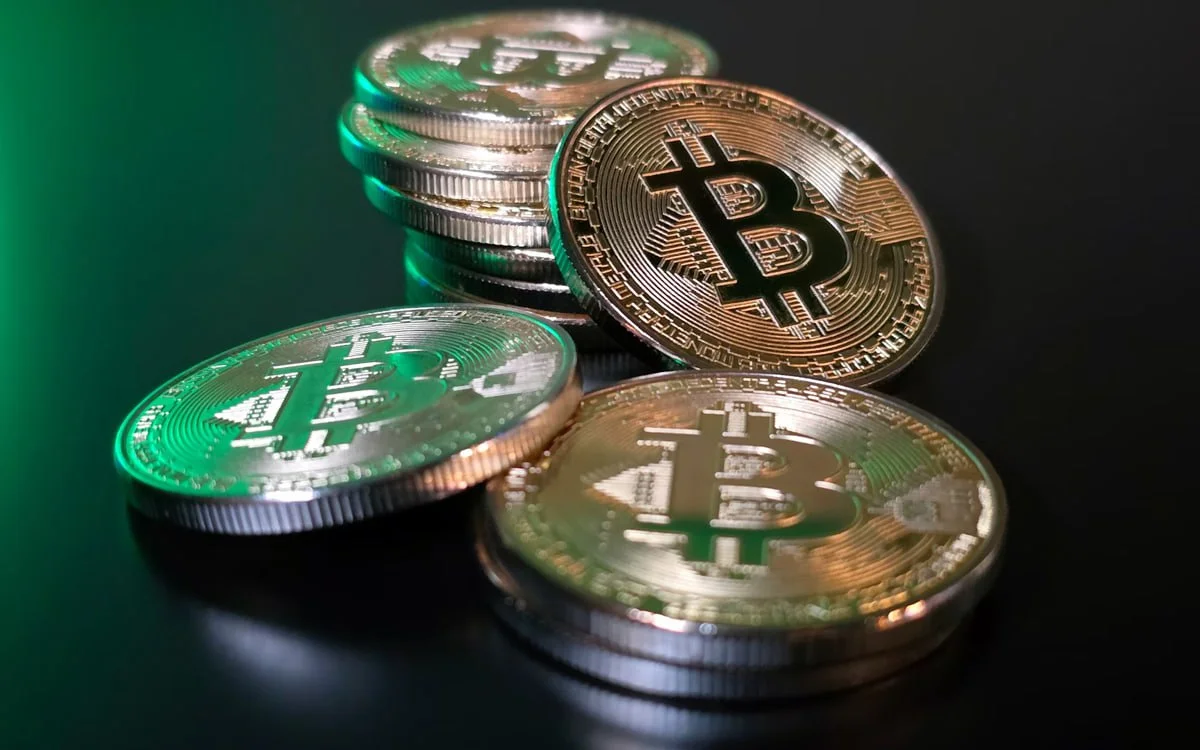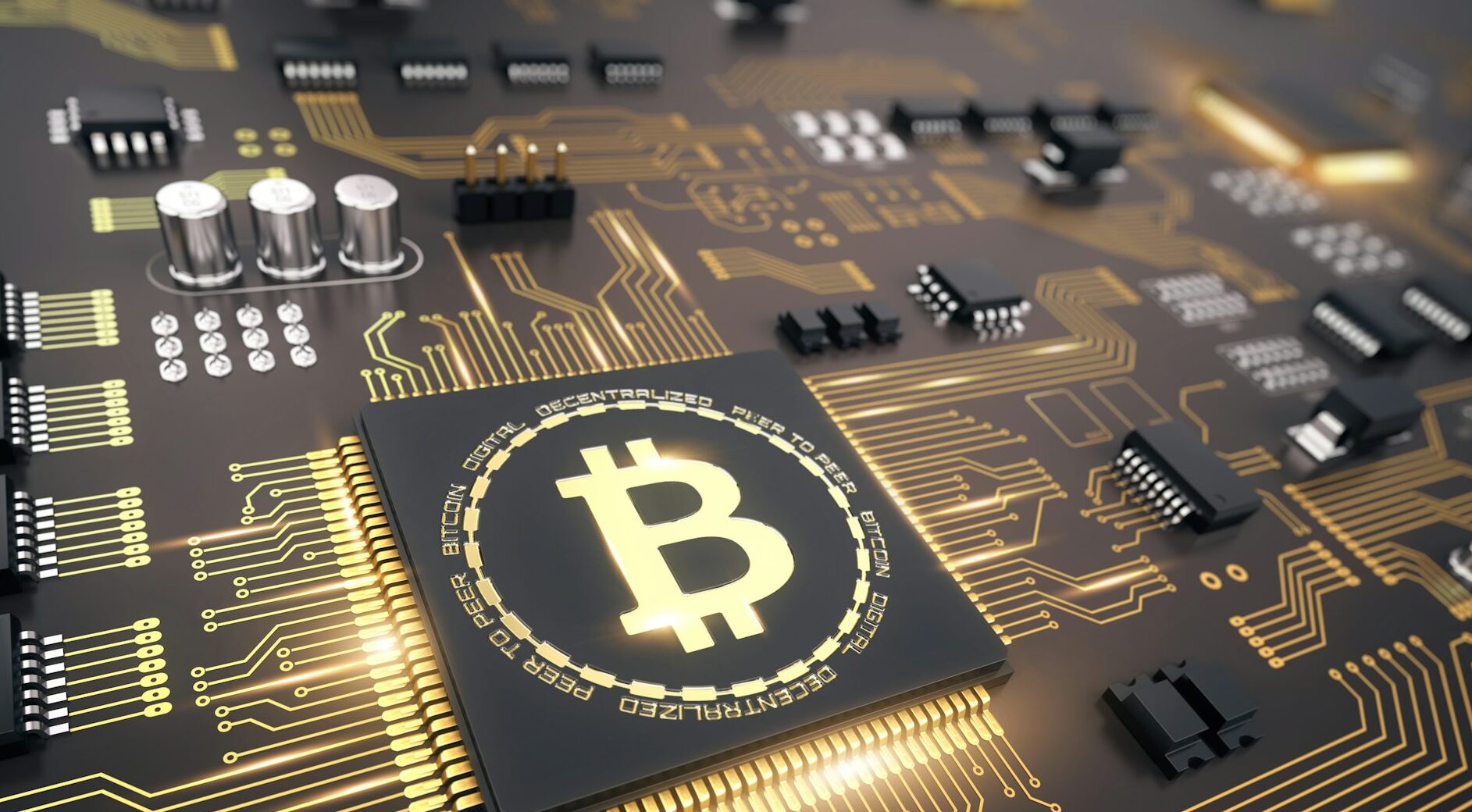Pakistan entered the digital money market with intentions to create a Bitcoin strategic reserve and dedicate 2000 MW for Cryptocurrency Surge mining. These two steps signal a dramatic shift in the country’s economic and energy policies to modernize financial infrastructure and capitalize on digital asset markets.
The strategic reserve concept mirrors similar efforts seen in nations such as El Salvador, where Bitcoin has been adopted as legal tender. However, Pakistan’s approach is more nuanced. Rather than incorporating Bitcoin into everyday transactions, the country is exploring Bitcoin as a sovereign hedge, a digital store of value that can bolster its foreign reserves and economic independence.
Pakistan Establishes Bitcoin Reserve for Stability
Pakistan is creating a Bitcoin reserve to diversify its foreign currency reserves, which are dominated by fiat currencies. Since Pakistan relies on international financial institutions like the IMF and the rupee is devaluing, Bitcoin has become a popular alternative.
 Operating free of central banks, Bitcoin Investor Behavior presents a distributed, deflationary asset. For developing nations in a macroeconomic setting characterized by global inflation, high-interest debt, and dollar volatility, such digital assets offer significant advantages. Bitcoin’s limited quantity and growing worldwide acceptance help mitigate geopolitical risk and the depreciation of traditional currencies. Integrating cold storage systems, blockchain auditing tools, and custodial partnerships with Gensuresafe management, the reserve would likely be held by the State Bank of Pakistan (SBP) in collaboration with national security and technological bodies.
Operating free of central banks, Bitcoin Investor Behavior presents a distributed, deflationary asset. For developing nations in a macroeconomic setting characterized by global inflation, high-interest debt, and dollar volatility, such digital assets offer significant advantages. Bitcoin’s limited quantity and growing worldwide acceptance help mitigate geopolitical risk and the depreciation of traditional currencies. Integrating cold storage systems, blockchain auditing tools, and custodial partnerships with Gensuresafe management, the reserve would likely be held by the State Bank of Pakistan (SBP) in collaboration with national security and technological bodies.
Pakistan Taps Renewable Energy for Bitcoin Mining
Along with the Bitcoin reserve, Pakistan’s allocation of 2,000 megawatts for cryptocurrency mining shows realistic energy use. Mining is projected to be fueled by renewable sources, including hydropower from Gilgit-Baltistan and Khyber Pakhtunkhwa, as well as solar and wind energy. Globally, countries rich in renewable energy, such as Iceland and Canada, have become mining hubs. Pakistan wants to replicate these models by forming public-private partnerships to repurpose unused power into blockchain processing capacity.
The government monetizes surplus energy and generates revenue, jobs, and foreign investment by transforming it into Bitcoin. International corporations and institutional investors seeking regulated, environmentally friendly mining may invest in crypto-SEZ mining farms.
Pakistan Plans Regulatory Framework for Crypto Growth
For such an initiative to succeed, Pakistan must address the regulatory void that currently surrounds digital assets. The Securities and Exchange Commission of Pakistan (SECP) and the Ministry of IT and Telecommunication will create a legislative framework for crypto taxes, mining, and cross-border transfers.
Effective regulation will require compliance with Financial Action Task Force (FATF) guidelines, including Anti-Money Laundering (AML) and Know Your Customer (KYC) protocols. Pakistan’s digital identity system, managed by NADRA, could be integrated with crypto wallets to streamline verification and transaction monitoring. Public education initiatives may be launched to promote blockchain literacy, targeting developers, entrepreneurs, and students to build a talent pipeline capable of sustaining the digital economy. Government-funded incubators and academic partnerships could accelerate Web3 innovation, encouraging startups to leverage the new energy and financial infrastructure.
Pakistan Aims for Regional Leadership in Digital Assets
These steps have ramifications that extend far beyond the realm of cryptocurrencies. By utilizing blockchain remittance systems, a successful deployment of a national Bitcoin reserve and a crypto mining sector could potentially turn Pakistan into a regional leader in digital assets, thereby increasing its GDP, improving the trade balance, and attracting diaspora investments. Geopolitically, this might prompt Pakistan to challenge conventional financial gatekeepers. The World Bank and the IMF have expressed concerns about the adoption of cryptocurrencies in nations already heavily indebted. On the other hand, if carried out with openness and financial prudence, this project may reduce reliance on foreign assistance, thereby improving monetary sovereignty.
Moreover, Pakistan’s entry into the state-sponsored digital asset market could pique interest from other South Asian and Middle Eastern countries, thereby fostering regional blockchain collaboration and digital currency trading deals. Early movers, such as Pakistan, could find strategic benefits as digital assets become more ingrained in global banking.
Pakistan Faces Energy Challenges in Crypto Mining
Though there is promise, the mining presents particular difficulties. Pakistan’s already strained energy grid is under specific pressure in cities, where regular load shedding is a common occurrence. Diverting 2,000 MW for mining raises concerns about environmental impact, energy fairness, and infrastructure preparedness.
 The effectiveness of this energy distribution hinges on separating mining farms from household networks and giving off-grid renewable installations top priority. Therefore reducing the demand on the current infrastructure. Legislative requirements for green methods, such as energy audits. Carbon accounting and equipment recycling may ensure long-term sustainability, innovative technologies including modular mining equipment. Immersion cooling and AI-based grid balancing will enhance mining efficiency while minimizing environmental impacts.
The effectiveness of this energy distribution hinges on separating mining farms from household networks and giving off-grid renewable installations top priority. Therefore reducing the demand on the current infrastructure. Legislative requirements for green methods, such as energy audits. Carbon accounting and equipment recycling may ensure long-term sustainability, innovative technologies including modular mining equipment. Immersion cooling and AI-based grid balancing will enhance mining efficiency while minimizing environmental impacts.
Final thoughts
Complementing the government’s Digital Pakistan program, this project fits with a larger vision for a technologically enabled Pakistan. Long-term forecasts call for not only cryptocurrency mining but also blockchain integration in government. Digital identity systems. Smart contracts for public procurement. And the tokenization of actual assets.
Future issues might be state-backed stablecoins linked to a basket of assets, including Bitcoin or a Pakistan Central Bank Digital Currency (CBDC). These developments might lower remittance costs. Improve payment transparency. And create new trading routes across borders if Pakistan manages the legal. Environmental. And technological obstacles ahead, its economic future could be redefined by its audacious turnaround.




